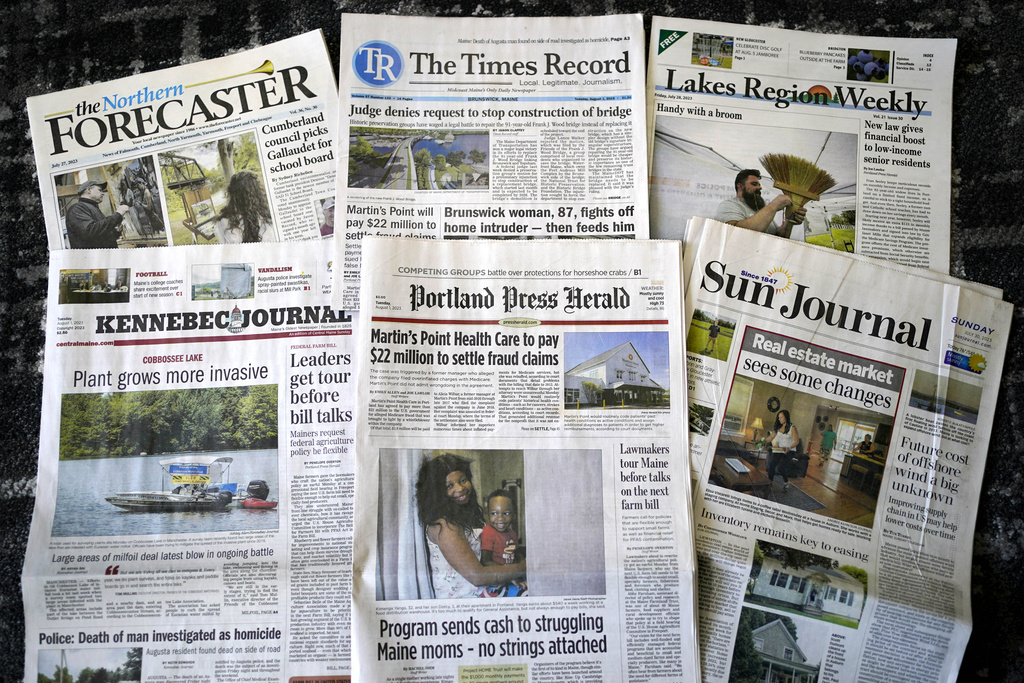Alison Frankel
Senior Advisor
Alison Frankel spent nearly 40 years as a legal journalist, first as a magazine writer at The American Lawyer and most recently as a daily columnist at Reuters. Frankel is also the author of Double Eagle: The Epic Story of the World’s Most Valuable Coin. She is a Dartmouth College graduate.
Don Lemon Case Highlights Ethical Challenges of Covering Protests
The Trump Administration’s felony case against the former CNN anchor is an ominous development for journalists. Lemon’s livestreamed account of an activist operation in Minnesota is also an opportunity to dig into the tough ethical questions that arise from reporting on protests.
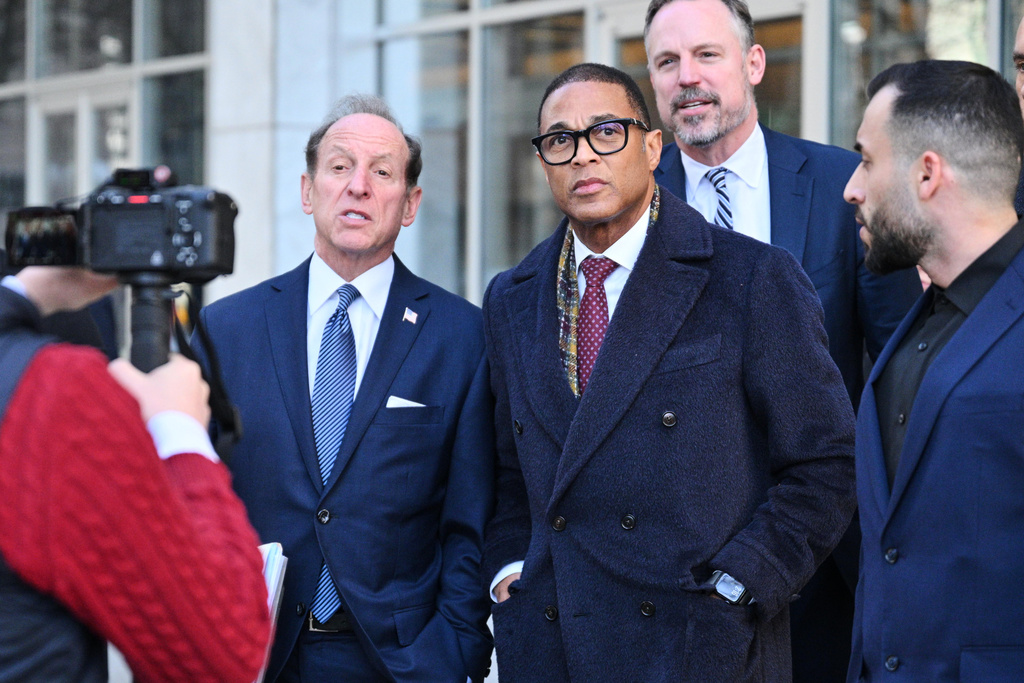
Q&A: Stars and Stripes Ombudsman Is Fighting for the News Site’s Independence
The ombudsman of the military news organization Stars and Stripes wrote an extraordinary op-ed this month, calling on Stripes’ readers to help its journalists preserve the outlet’s editorial independence from the U.S. Department of Defense. We asked her what readers and journalists should know.
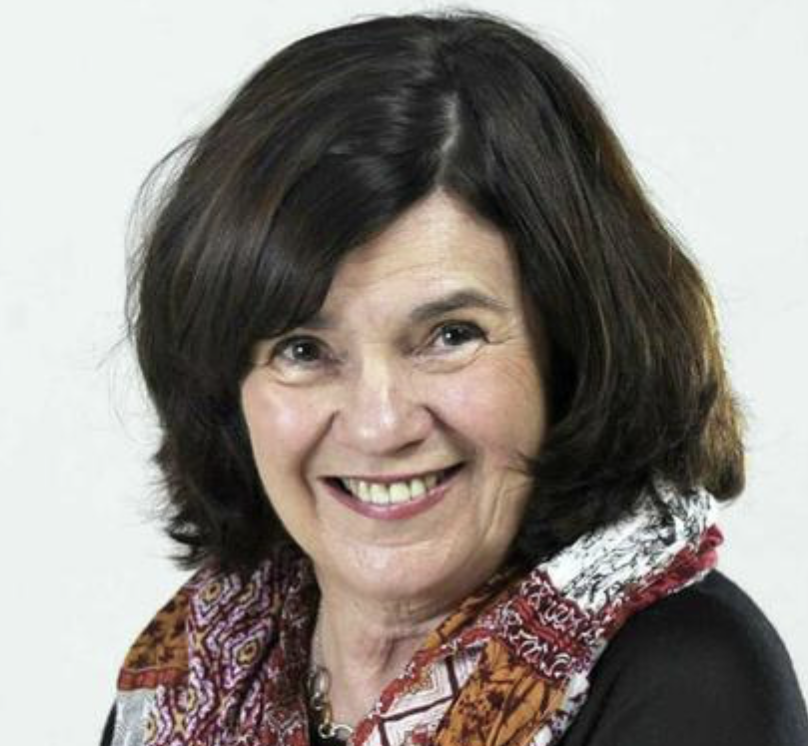
2025: A Remarkable Year
Through a new training program, the inaugural Collier Awards, a series of NYU discussion panels and dozens of stories about ethical journalism, EJI made its mark in 2025.
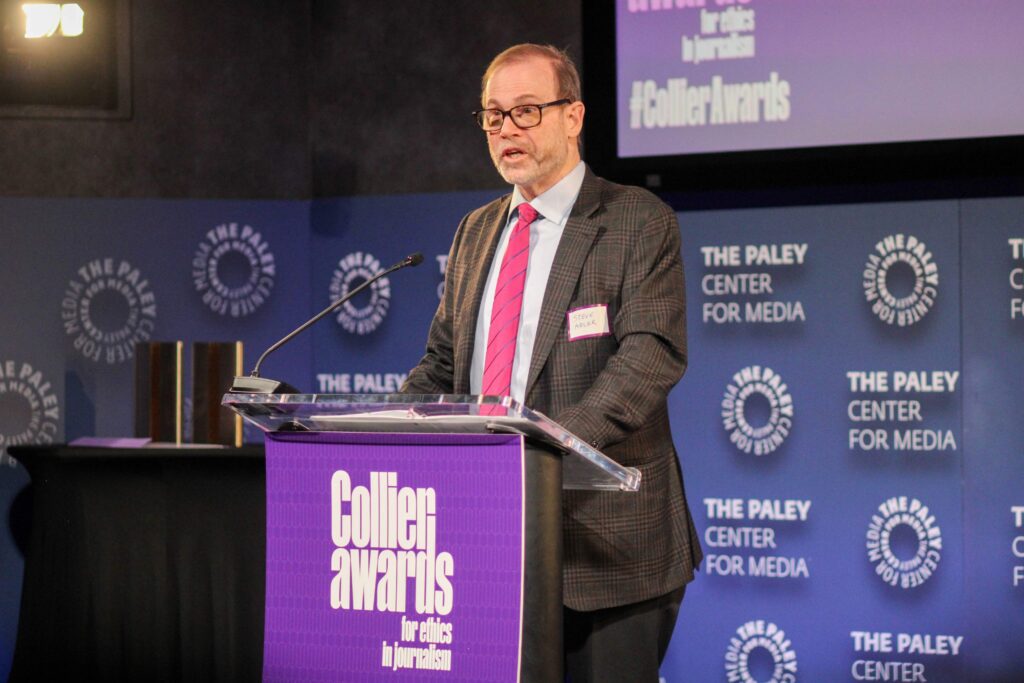
What the BBC did wrong (and CBS didn’t): A Q&A with NYU Professor and TV news legend Joe Peyronnin
Last week, two high-ranking BBC resigned after the leak of an internal report that criticized the network’s election-eve documentary about the president and accused the network of editing footage in a misleading manner. Alison Frankel delves into what did the BBC did wrong and the what ethical editing of broadcast coverage looks like.

The Minnesota Star Tribune Opts for Radical Transparency on Major Scoop
The newspaper’s investigative team showed its work in a lengthy editor’s note accompanying an investigative story on the Trump administration’s planning for Portland military operations.
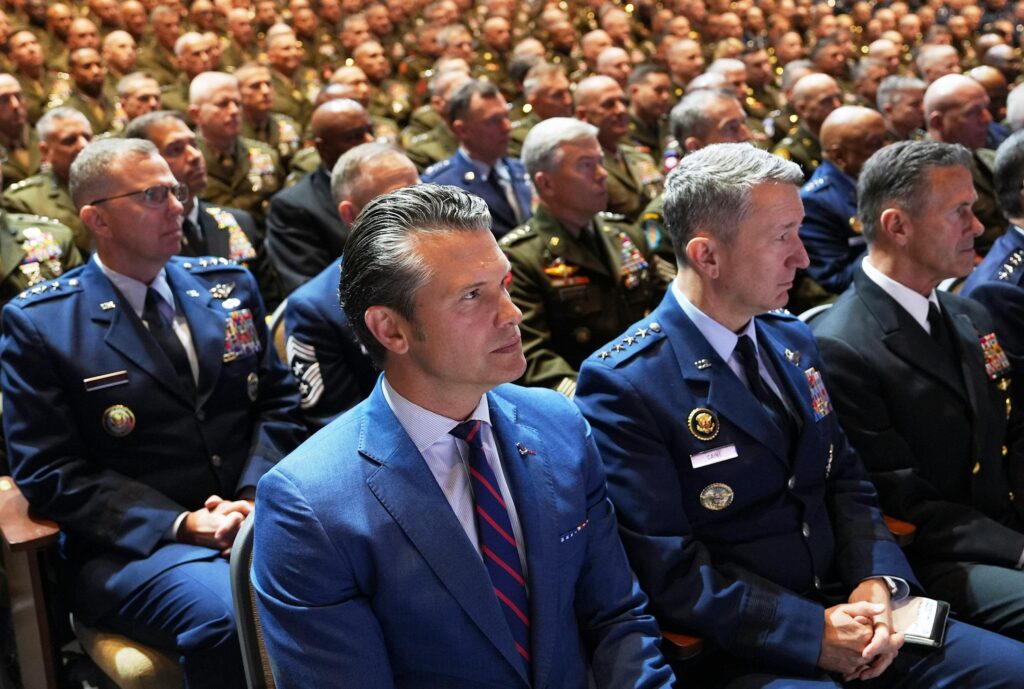
Remaking the Code
How do you design an ethics code broad enough to apply to more than 30 newsrooms around the country but detailed enough to offer real value and guidance? We sat down with Amalie Nash, former head of transformation at The National Trust for Local News, to discuss how the Trust engaged newsroom leadership to create a timely and collaborative code.

How Should News Organizations Respond to the Pentagon’s New Press Rules?
NYU journalism ethics professors weigh in.
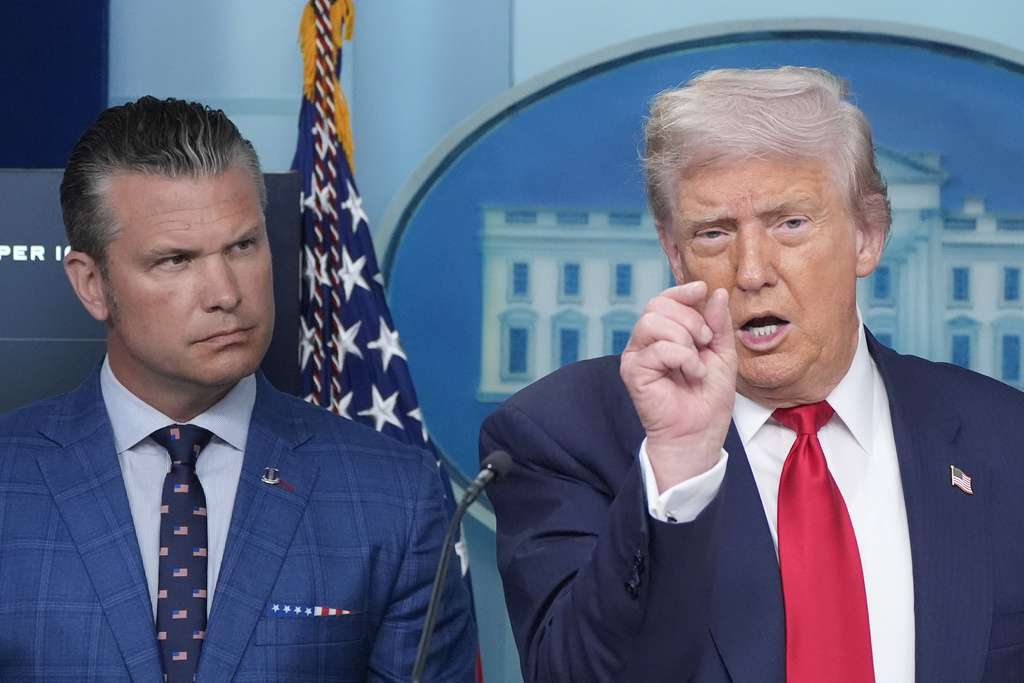
The Ethics of Covering the Trump Administration: How News Outlets Handle Insults Embedded in the Administration’s Official Responses
We spoke with standards editors at Reuters, NPR, and more and found a sharp divergence among them on the question of whether to publish extraneous insults from Trump spokespeople.
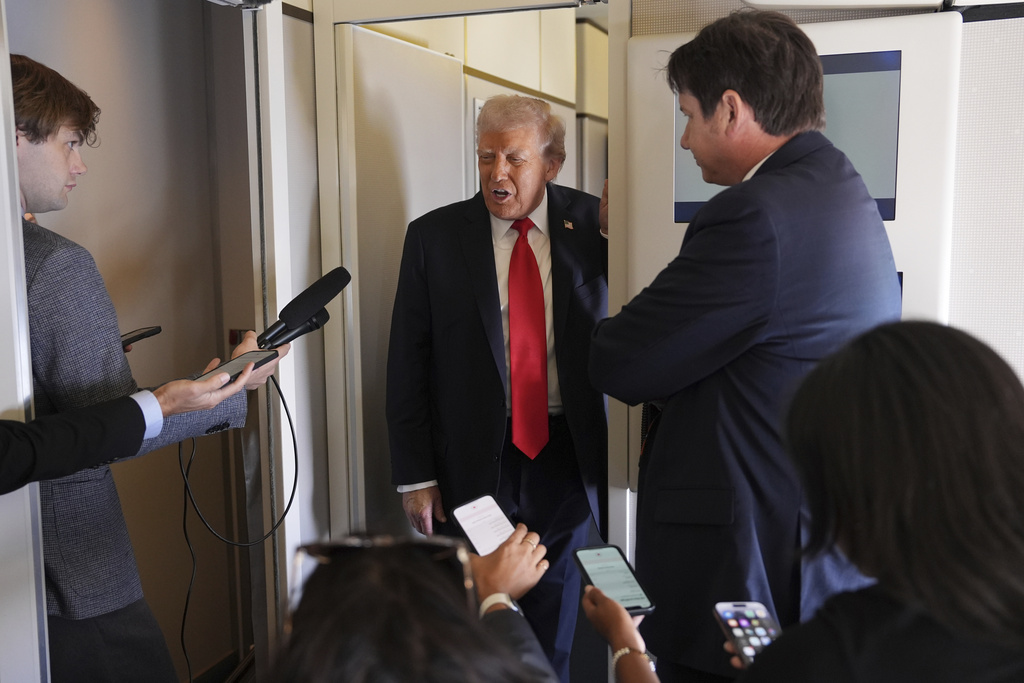
Covering Migrants In An Age Of Mass Deportations
The stakes are high for reporters on the migrant beat. To provide guidance and insight, we asked a veteran immigration reporter about building trust, fielding requests for help, navigating Trump administration changes to enforcement, reader fatigue, and more.
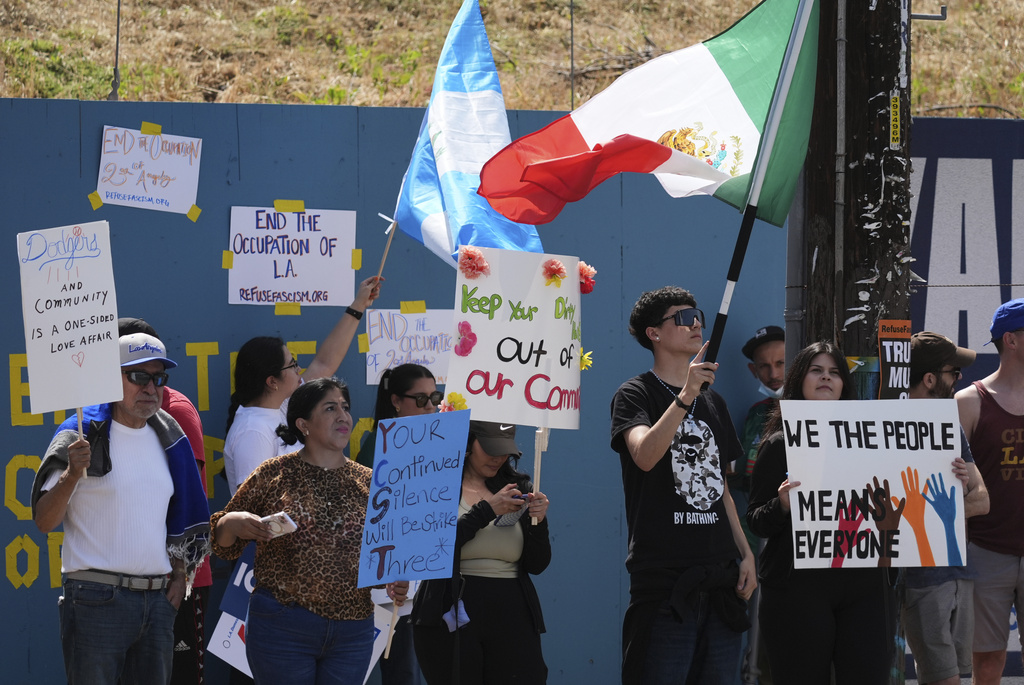
How to Write Fairer, More Accurate Headlines
New guidance from the Markkula Center for Applied Ethics lays out three principles for ethical headline writing and offers guidance for newsrooms that want to achieve them.
